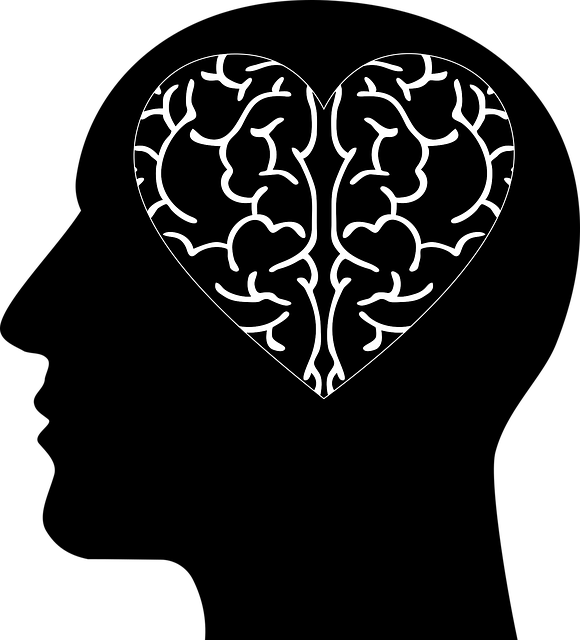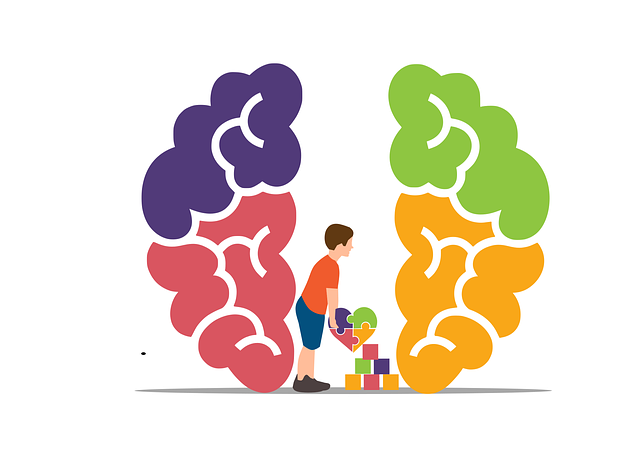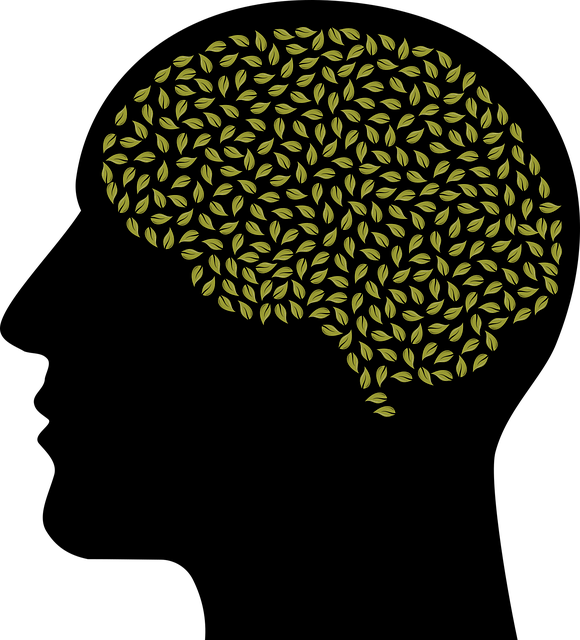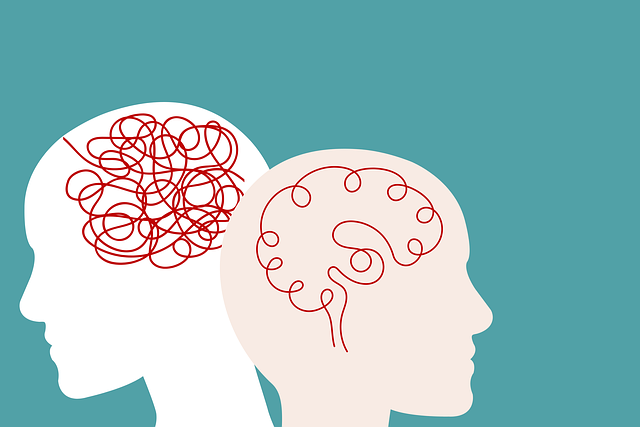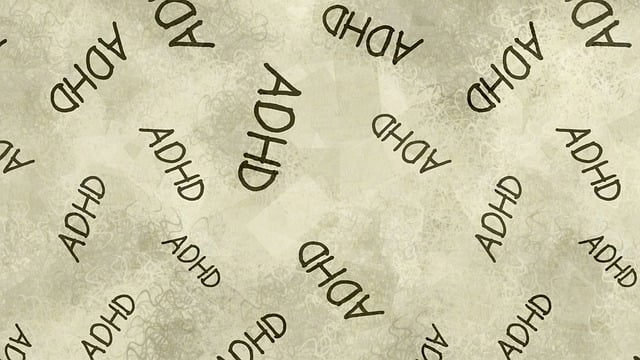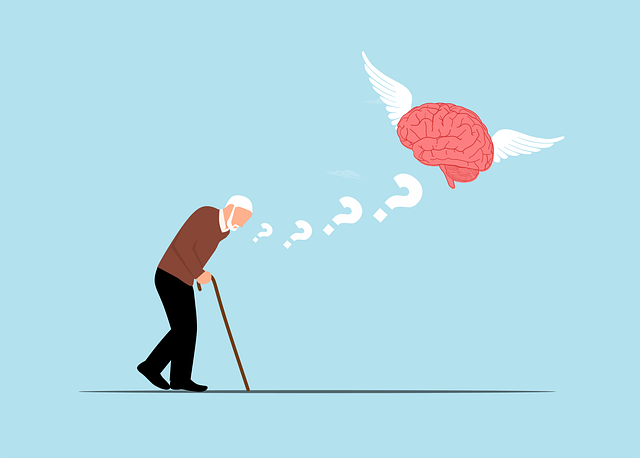Wheat Ridge Cognitive Behavioral Therapy (WRCBT) is a powerful approach to mental wellness, focusing on positive thinking as a tool for overcoming challenges and enhancing daily life. Through techniques like stress management workshops and mindfulness practices, individuals learn to identify and challenge negative thought patterns, reducing stress, anxiety, and depression. WRCBT's strategic exercises, combined with community support, help clients develop resilience, boost self-esteem, and maintain emotional balance, leading to improved mental health outcomes both short-term and long-term.
Discover the transformative power of positive thinking with our comprehensive guide. Explore how Wheat Ridge Cognitive Behavioral Therapy (WCT) can reshape mindsets, offering a path to well-being. Learn effective strategies for designing and implementing positive thinking exercises tailored to individual needs. From understanding the impact of WCT to measuring progress, this article provides practical insights for fostering lasting positive changes through targeted therapy techniques.
- Understanding Positive Thinking and Its Impact
- The Role of Cognitive Behavioral Therapy (Wheat Ridge) in Shaping Mindsets
- Designing Effective Positive Thinking Exercises
- Implementing the Exercises: Strategies for Success
- Measuring Progress and Sustaining Positive Changes
Understanding Positive Thinking and Its Impact

Positive thinking is a powerful tool that can significantly impact an individual’s overall mental wellness and daily life. It involves training the mind to focus on optimistic thoughts, beliefs, and interpretations, even in challenging situations. This cognitive shift can transform how folks perceive and navigate their environment, fostering better coping skills development. Research supported by Wheat Ridge Cognitive Behavioral Therapy (WRCBT) therapy highlights that positive thinking isn’t merely a mindset; it’s a skill that can be cultivated through specific exercises and practices.
By adopting positive thinking, individuals can reduce the negative impact of stress and enhance their ability to manage and overcome obstacles. WRCBT offers various techniques, including Stress Management Workshops Organization, to help people understand and challenge negative thought patterns. These workshops empower attendees with practical tools for coping skills development, enabling them to navigate life’s challenges with resilience and a more positive outlook.
The Role of Cognitive Behavioral Therapy (Wheat Ridge) in Shaping Mindsets

Cognitive Behavioral Therapy (Wheat Ridge) has emerged as a powerful tool in shaping mindsets and promoting positive thinking. This therapeutic approach focuses on identifying and modifying negative thought patterns, which can significantly impact mental health and overall well-being. By understanding the connection between thoughts, feelings, and behaviors, individuals can learn to challenge cognitive distortions and replace them with more realistic and positive ones.
Wheat Ridge Cognitive Behavioral Therapy emphasizes self-awareness and encourages clients to take an active role in their healing process. Through structured exercises and techniques, it helps individuals manage stress, anxiety, and depression, thereby fostering a more optimistic outlook. Moreover, this therapy can be particularly beneficial for mental health professionals who are at risk of burnout or struggle with self-care practices. By integrating Cognitive Behavioral Therapy into their practice, they can enhance their resilience and better support their clients in navigating life’s challenges.
Designing Effective Positive Thinking Exercises

Designing effective positive thinking exercises is a crucial aspect of Wheat Ridge Cognitive Behavioral Therapy (CBT) therapy. These exercises aim to enhance self-esteem improvement and boost confidence, thereby fostering better mental health. A well-structured program can significantly impact individuals’ overall well-being. The key lies in creating activities that encourage clients to challenge negative thought patterns and replace them with more positive and realistic ones.
When designing these exercises, consider incorporating various techniques such as mindfulness practices, visualization, and gratitude lists. These strategies not only promote a sense of calm but also empower individuals to take control of their thoughts. For instance, a simple yet powerful exercise could be daily journaling, where clients reflect on their achievements and positive experiences, thereby cultivating a more optimistic mindset over time. Incorporating these activities into Mental Health Education Programs Design can help individuals develop essential coping mechanisms for managing stress and anxiety effectively.
Implementing the Exercises: Strategies for Success

Implementing positive thinking exercises requires a strategic approach for optimal success. At the core of this process is consistency; incorporating these practices into daily routines ensures their effectiveness in reshaping thought patterns over time. Start by setting aside dedicated moments each day for exercise, whether it’s early morning or evening, ensuring it becomes a consistent habit. Many find that combining exercises with existing self-care practices like meditation or journaling enhances focus and depth of engagement.
Wheat Ridge Cognitive Behavioral Therapy emphasizes the power of these tools in transforming mental health. Compassion cultivation practices, such as mindful listening and kindness towards oneself, can be woven into daily life, fostering a sense of inner peace that radiates outward. Community outreach program implementation also plays a significant role, offering opportunities to share knowledge and gain support from peers, further enriching the therapeutic journey.
Measuring Progress and Sustaining Positive Changes

Measuring progress is a vital step in any positive thinking exercise. It allows individuals to track their emotional regulation and mental wellness improvements, fostering a sense of accomplishment and motivation. Cognitive Behavioral Therapy (Wheat Ridge CBT) professionals emphasize using specific metrics and self-assessment tools tailored to each client’s needs. This process involves regular reflection on thoughts, feelings, and behaviors, helping individuals identify patterns and areas that still require work. By quantifying progress, clients can stay focused and committed to their positive change journey.
Sustaining these changes requires ongoing practice and support. Wheat Ridge CBT therapy encourages clients to integrate newfound strategies into daily routines through mental wellness coaching programs development. Regular check-ins with therapists or coaches facilitate risk assessment for mental health professionals, ensuring individuals remain on track and providing necessary guidance. This continuous support is crucial for maintaining emotional balance and preventing setbacks, ultimately fostering long-term positive thinking and improved mental health.
Positive thinking exercises, guided by evidence-based practices like Wheat Ridge Cognitive Behavioral Therapy, offer a powerful tool for personal growth. By implementing these strategies and consistently applying them, individuals can effectively reshape their mindsets, leading to improved mental well-being and enhanced quality of life. With dedicated practice, the benefits of positive thinking can be sustained over time, fostering a more optimistic and resilient outlook on life.

